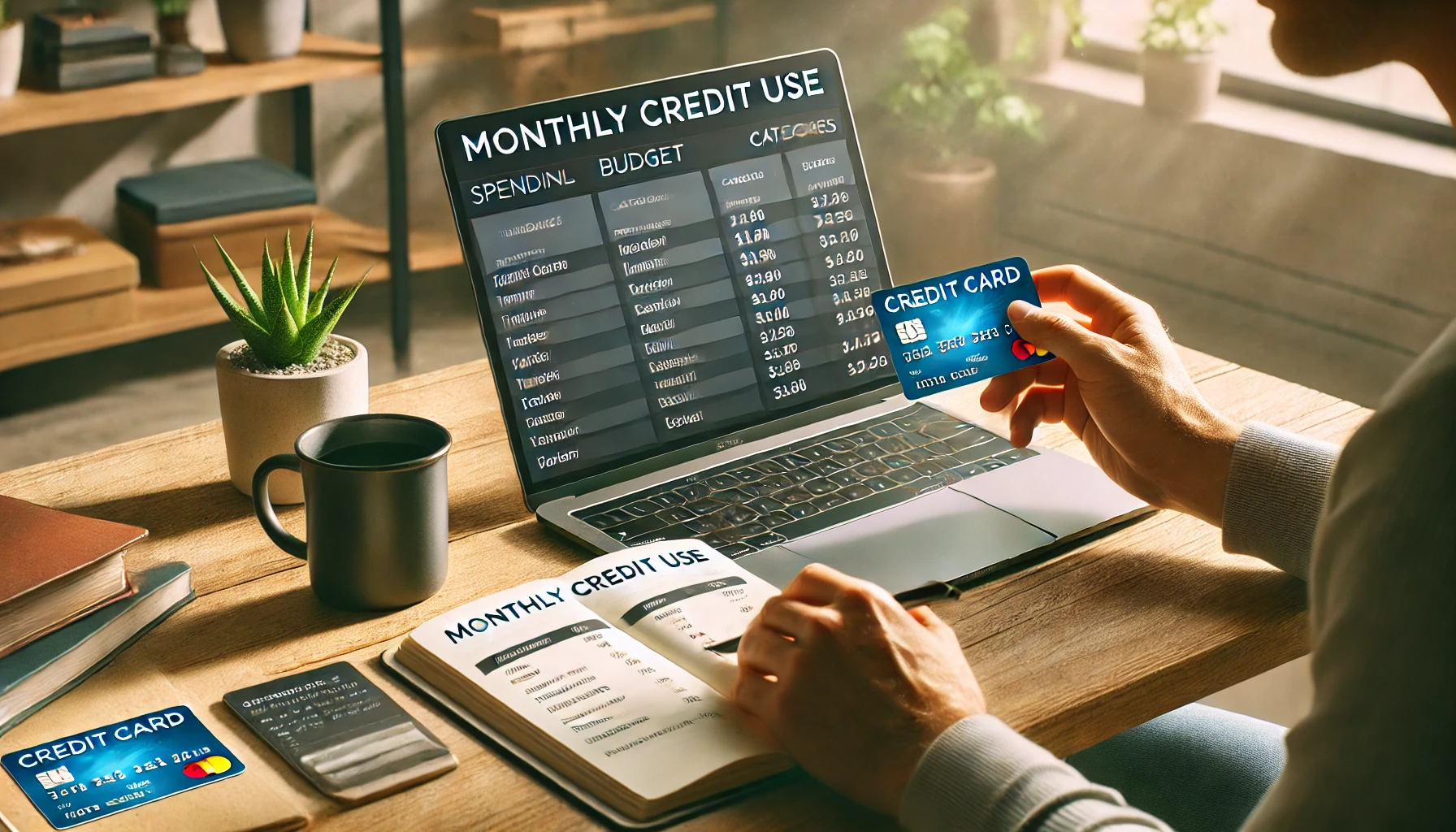Credit cards can be powerful tools when used wisely—but they can also lead to debt, anxiety, and financial setbacks when misused. If you’re just starting your financial journey, learning how to manage credit card spending is essential. In this guide, we’ll show you how to use your credit card responsibly, build healthy habits, and avoid falling into the debt trap.
Why Credit Cards Are a Double-Edged Sword
Credit cards offer convenience, flexibility, and even rewards. But they can also tempt you to overspend money you don’t actually have.
The Benefits:
- Build your credit score
- Earn rewards and cashback
- Enjoy fraud protection
- Handle emergencies when needed
The Risks:
- High interest rates on unpaid balances
- Easy access to debt
- Minimum payments that barely reduce what you owe
Understanding this balance is the first step toward stress-free credit card use.
Step 1: Know Your Spending Limits
Just because your credit card has a $5,000 limit doesn’t mean you should spend that much.
Best Practice:
- Stay below 30% of your total credit limit
- Even better: keep it under 10% to boost your credit score
For example, if your limit is $1,000, try not to carry more than $300 on your card at any time.
Step 2: Track Every Credit Card Transaction
When you swipe a card, it’s easy to forget how much you’re spending. That’s why tracking is critical.
Tips to Stay on Top:
- Use budgeting apps that sync with your card
- Manually log purchases in a note or spreadsheet
- Set alerts for every transaction over a set amount
Daily tracking keeps your spending real and manageable.
Step 3: Always Pay the Full Balance
Paying only the minimum might keep your account “current,” but interest will eat your money over time.
Why It Matters:
- Credit cards often charge 15–25% interest
- A $1,000 balance could turn into $2,000+ if left unpaid
What to Do:
- Pay the full statement balance each month
- Set up automatic payments for at least the minimum, but aim for the total
This avoids interest and builds a strong credit history.
Step 4: Create a Credit Card Spending Category in Your Budget
Many people fail to budget for credit card use because they separate it from daily spending. But every card purchase is still money leaving your pocket.
How to Budget Smartly:
- Treat credit card spending like cash spending
- Assign a fixed monthly amount (e.g., $300 max for the card)
- Subtract credit card charges from your budget categories in real time
This keeps your spending intentional, not accidental.
Step 5: Use Your Credit Card Only for Specific Purchases
To stay disciplined, use your credit card only for things you already budget for or that earn you meaningful rewards.
Good Uses:
- Groceries or gas (if you already have a monthly budget)
- Subscriptions you plan to pay off immediately
- Booking travel (for rewards, but only if fully paid off after)
Avoid spontaneous or emotional spending—credit cards make it too easy.
Step 6: Turn Off Auto-Saved Payment Details
Online shopping is dangerously convenient. When your card is saved in every app and website, it’s harder to resist impulse buys.
What You Can Do:
- Remove stored credit card info from websites
- Use guest checkout or keep the card out of reach
- Add friction: make spending less convenient
That one extra step could save you from a $100 impulse buy.
Step 7: Check Your Statement Weekly
Waiting until the bill arrives means you’ve already spent the money. Instead, treat your credit card like a live bank account.
Weekly Check-In:
- Review charges for accuracy
- Look for patterns of unnecessary spending
- Adjust your budget if needed
Stay engaged with your credit use before it becomes a problem.
Step 8: Reward Yourself—Responsibly
When you stick to your credit card rules and avoid debt, give yourself a small reward. Positive reinforcement builds consistency.
Example:
- Stayed under budget this month? Treat yourself to a $10 coffee or a movie night (paid with cash!)
- Paid off your balance for 6 months straight? Celebrate with a small planned purchase
Celebrate smart habits, not impulse ones.
Final Thoughts: Credit Cards Are Tools, Not Crutches
Credit cards aren’t the enemy—it’s how we use them that matters. With the right mindset and habits, your card can support your financial goals instead of sabotage them.
Start today by reviewing your card usage and setting simple rules for yourself. Consistency is key, and a little awareness goes a long way in keeping credit card stress out of your life.
